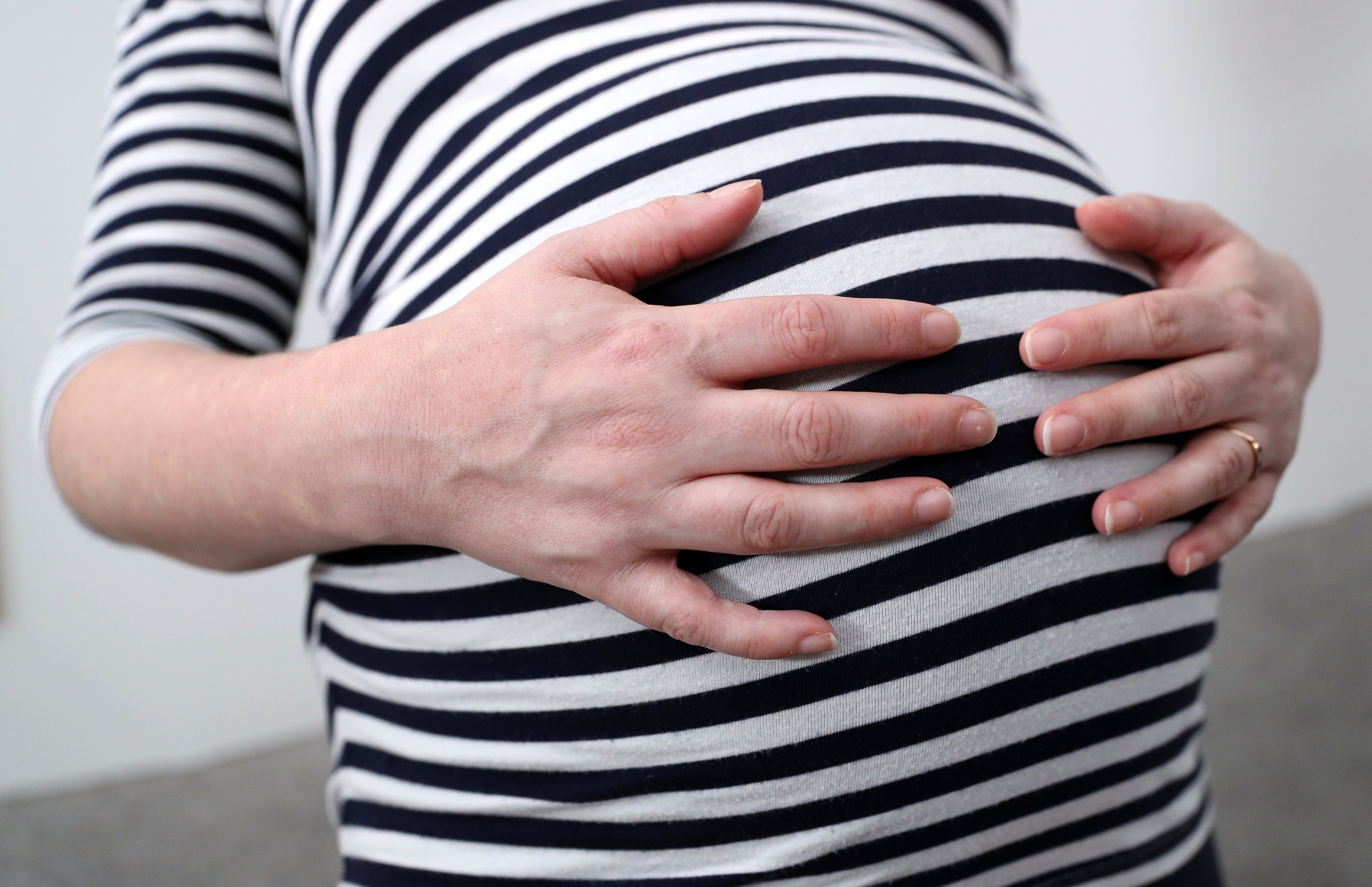Frozen embryo transfers ‘linked to higher blood pressure problems in pregnancy’
Fresh embryo transfers do not appear to show the same risks.

Your support helps us to tell the story
From reproductive rights to climate change to Big Tech, The Independent is on the ground when the story is developing. Whether it's investigating the financials of Elon Musk's pro-Trump PAC or producing our latest documentary, 'The A Word', which shines a light on the American women fighting for reproductive rights, we know how important it is to parse out the facts from the messaging.
At such a critical moment in US history, we need reporters on the ground. Your donation allows us to keep sending journalists to speak to both sides of the story.
The Independent is trusted by Americans across the entire political spectrum. And unlike many other quality news outlets, we choose not to lock Americans out of our reporting and analysis with paywalls. We believe quality journalism should be available to everyone, paid for by those who can afford it.
Your support makes all the difference.Conceiving a baby using a frozen embryo may raise the mother’s risk of high blood pressure disorders by up to 74%, new research suggests.
The findings, published in the journal Hypertension also indicate fresh embryo transfers – where the fertilised egg is implanted immediately, as well as pregnancy from natural conception – share a similar risk of developing these types of disorders.
Pregnancy adds extra strain to a woman’s heart and blood vessels, making them prone to high blood pressure (hypertensive) disorders such as preeclampsia – which is characterised by the onset of high blood pressure and protein in urine.
Hypertensive disorders – which also include preeclampsia superimposed on chronic hypertension, gestational hypertension, and chronic hypertension – affect around 8% to 10% of all pregnant women and can be associated with dangerous complications for both the mother and the baby.
But researchers said women whose pregnancy was the result of a frozen embryo transfer had a much higher risk of developing these disorders – at around 74%.
Dr Sindre H Petersen, the study’s lead author and a researcher at the Norwegian University of Science and Technology in Trondheim, Norway, said: “In summary, although most IVF pregnancies are healthy and uncomplicated.
“This analysis found that the risk of high blood pressure in pregnancy was substantially higher after frozen embryo transfer compared to pregnancies from fresh embryo transfer or natural conception.”
Our results highlight that careful consideration of all benefits and potential risks is needed before freezing all embryos as a routine in clinical practice
The scientists analysed data from medical birth registries from Denmark, Norway and Sweden – spanning nearly 2.4 million women – aged 22-44.
The data also included those who had both an IVF pregnancy and a naturally conceived pregnancy.
Of the 4.5 million pregnancies that resulted in single deliveries, 4.4 million were naturally conceived, around 78,000 pregnancies were fresh embryo transfers, and around 18,000 pregnancies were frozen embryo transfers.
In addition, more than 33,000 pregnancies were grouped for “sibling comparison” – which only involved mothers who had conceived naturally as well as using IVF.
The findings also indicated among women who had both a natural conception and a frozen embryo transfer, the risk of hypertensive disorders in pregnancy after frozen embryo transfer was twice as high compared to pregnancies from natural conception.
However, the researchers said based they were unable to pinpoint what part of the frozen cycle or frozen transfer may contribute to the higher risk of hypertensive disorders in their study.
Dr Petersen said: “Our sibling comparisons indicate that the higher risk is not caused by factors related to the parents, rather, however, that some IVF treatment factors may be involved.
“Future research should investigate which parts of the frozen embryo transfer process may impact risk of hypertension during pregnancy.”
He added: “Our results highlight that careful consideration of all benefits and potential risks is needed before freezing all embryos as a routine in clinical practice.
“A comprehensive, individualised conversation between physicians and patients about the benefits and risks of a fresh versus frozen embryo transfer is key.”